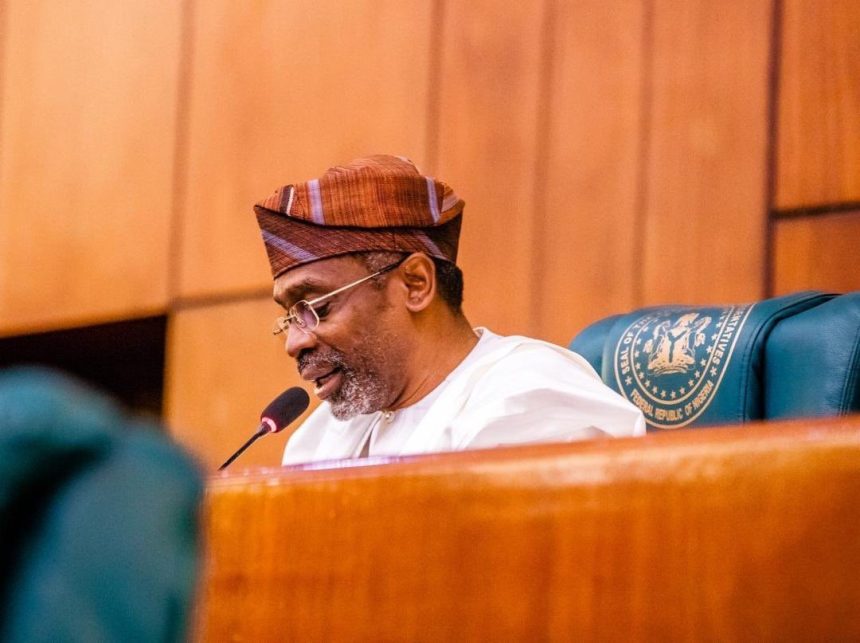The Socio-Economic Rights and Accountability Project (SERAP) has asked the national assembly to push for an amendment in the constitution to limit the debt that can be incurred by the country.
Buhari had sought approval of the national assembly to borrow fresh sums of $4,054,476,863 and €710 million. He is also seeking the approval of grant components of $125 million.
In a letter dated September 18 and addressed to Ahmad Lawan, senate president, and Femi Gbajabiamila, speaker of the house of representatives, SERAP said “the growing national debt is clearly not sustainable”.
SERAP asked the national assembly not to approve the request until the government publishes “details of spending of all loans obtained since May 29, 2015”.
Advertisement
Kolawole Oluwadare, SERAP deputy director said: “The national assembly should not allow the government to accumulate unsustainable levels of debt, and use the country’s scarce resources for staggering and crippling debt service payments rather than for improved access of poor and vulnerable Nigerians to basic public services and human rights.”
“The country’s public debt has mushroomed with no end in sight. The growing national debt is clearly not sustainable. There has been no serious attempt by the government to cut the cost of governance,” the letter reads.
“The leadership of the national assembly ought to stand up for Nigerians by asserting the body’s constitutional powers to ensure limits on national debt and deficits.
Advertisement
“SERAP urges you to urgently propose a resolution and push for constitutional amendment on debt limit, with the intent of reducing national debt and deficits.
“This recommendation is entirely consistent with the constitutional oversight functions and spending powers of the national assembly, and the country’s international anti-corruption and human rights obligations.
“Indiscriminate borrowing has an effect on the full enjoyment of Nigerians’ economic and social rights. Spending large portion of the country’s yearly budget to service debts has limited the ability of the government to ensure access of poor and vulnerable Nigerians to minimal health care, education, clean water, and other human needs.”
“Should the National Assembly and its leadership fail to rein in government borrowing, and to ensure transparency and accountability in the spending of public loans, SERAP would consider appropriate legal action to compel the National Assembly to discharge its constitutional duties.
Advertisement
“SERAP notes that if approved, the country’s debts will exceed N35 trillion. The government is also reportedly pushing the maturity of currently-secured loans to between 10 and 30 years. N11.679 trillion is reportedly committed into debt servicing, while only N8.31 trillion was expended on capital/development expenditure between 2015 and 2020.”
Add a comment






